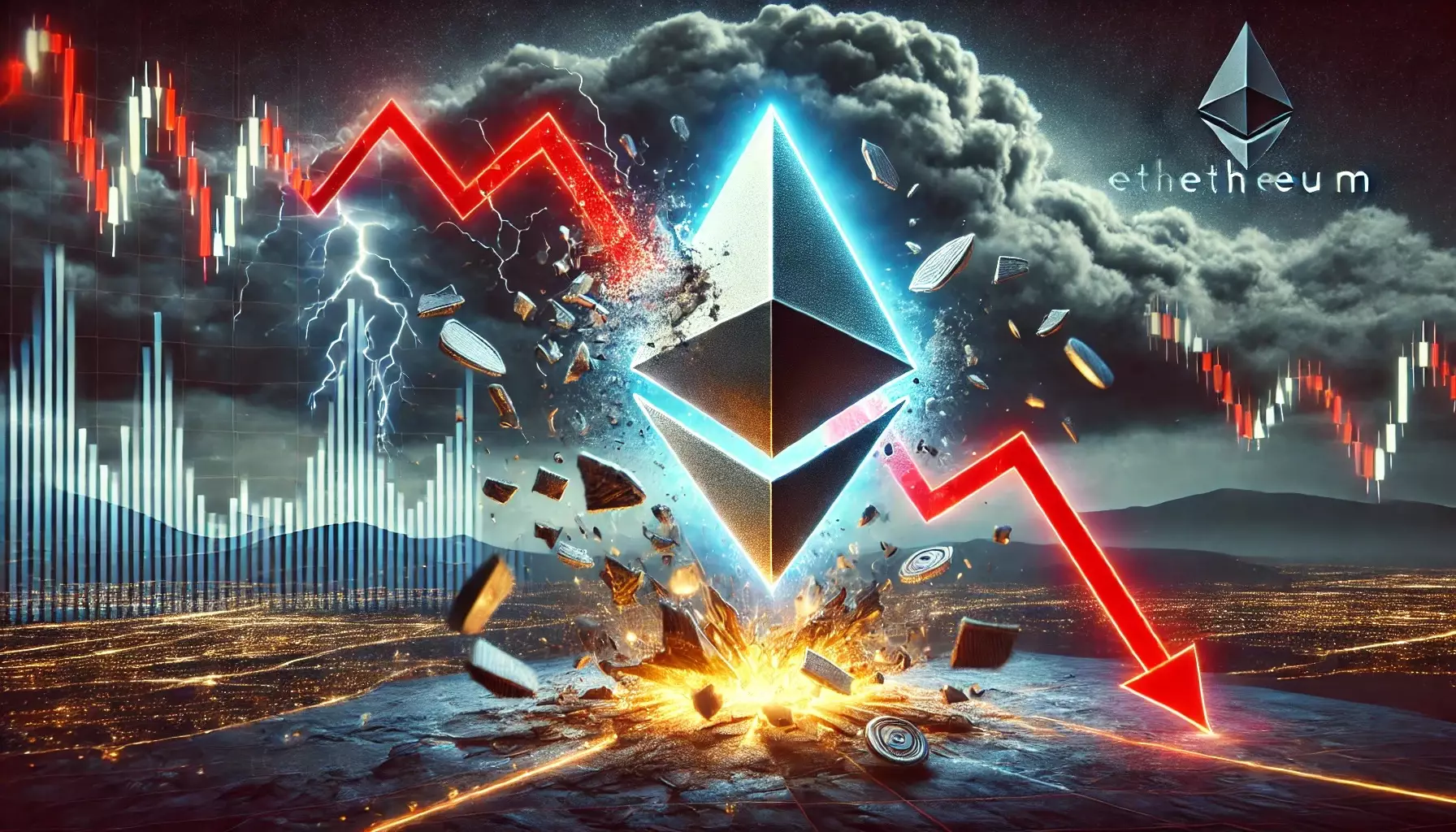The cryptocurrency landscape is notorious for its volatility, and Ethereum (ETH) has not been spared from this tumultuous environment. Recent observations indicate a bearish shift in market sentiment towards Ethereum, driven primarily by an alarming decline in new active addresses. This downturn in user engagement signals a concerning trend for one of the leading cryptocurrencies in the market. As investor confidence wanes, the implications for network activity and transaction volume could be significant, potentially impacting Ethereum’s standing in the broader cryptocurrency ecosystem.
Data from The Block illustrates a stark drop in new active addresses within the Ethereum network, which plummeted by an astonishing 43% in recent months. This is not a mere statistical anomaly; rather, it reveals a crucial indicator of reduced interest among users. The number of new active addresses peaked at 138,620 on June 27, only to plummet to approximately 89,000 by early July. What followed was a wave of fluctuations, where figures fluctuated between 80,000 and 95,000 throughout August.
However, this trend turned particularly alarming on September 24, when new active addresses hit a low of just 78,100—an alarming 23.43% drop in comparison to earlier figures. Even though Ethereum’s price has seen an uptick, the disconnect between price and user engagement raises questions about the sustainability of this momentum. Currently, the new active addresses remain under the critical 80,000 threshold, indicating over a 44% decrease over a three-month period—a statistic that cannot be overlooked for any investor or stakeholder.
Historically, a decrease in the number of active addresses is a warning sign that suggests diminished user engagement and, consequently, reduced transaction volume. Data from IntoTheBlock corroborates this observation, noting a significant decline in large transaction volumes on the Ethereum network—from 2.91 million on July 5 to 1.79 million transactions by September 29, marking a staggering 38.4% reduction. This trend raises concerns not merely about Ethereum’s immediate market performance but also about its long-term viability in navigating the challenging waters of cryptocurrency volatility.
Despite the discouraging numbers surrounding new active addresses, there are signs that Ethereum’s network activity could be experiencing nuances of recovery. Market intelligence platform Santiment reports a recent uptick in activity, albeit this rise is accompanied by a notable increase in gas fees. Higher gas prices typically deter smaller transactions, which complicates the narrative around renewed activity. While users may be engaging more frequently with the network, the economic implications of higher transaction costs cannot be ignored.
Furthermore, it’s important to consider Ethereum’s performance against its peers. On September 25, the Ethereum network lost its crown as the leading platform in terms of decentralized exchange (DEX) volume, temporarily supplanted by Solana (SOL), which saw significant gains. With Solana recording a DEX volume increase of 39.77%—climbing to $1.123 billion—Ethereum had to settle for a modest increase of 8.92% to reach roughly $1.118 billion. The competition is tightening, urging Ethereum to maintain its market relevance, and the numbers indicate that it must adapt fast.
Moving forward, it is critical for Ethereum to address the root causes of declining engagement. The contrast between price movements and user interaction raises important questions about the sustainability of its growth. Increased transaction costs might dissuade smaller investors and casual users, which could lead to further declines in active addresses.
The current sentiment surrounding Ethereum is complex, characterized by notable declines in active addresses and fluctuating transaction volumes. While signs of recovery exist, they come with caveats that could dampen optimism. For Ethereum to thrive amidst fierce competition and market scrutiny, proactive measures must be taken to enhance user engagement, stabilize transaction costs, and foster an environment conducive to sustained growth.

